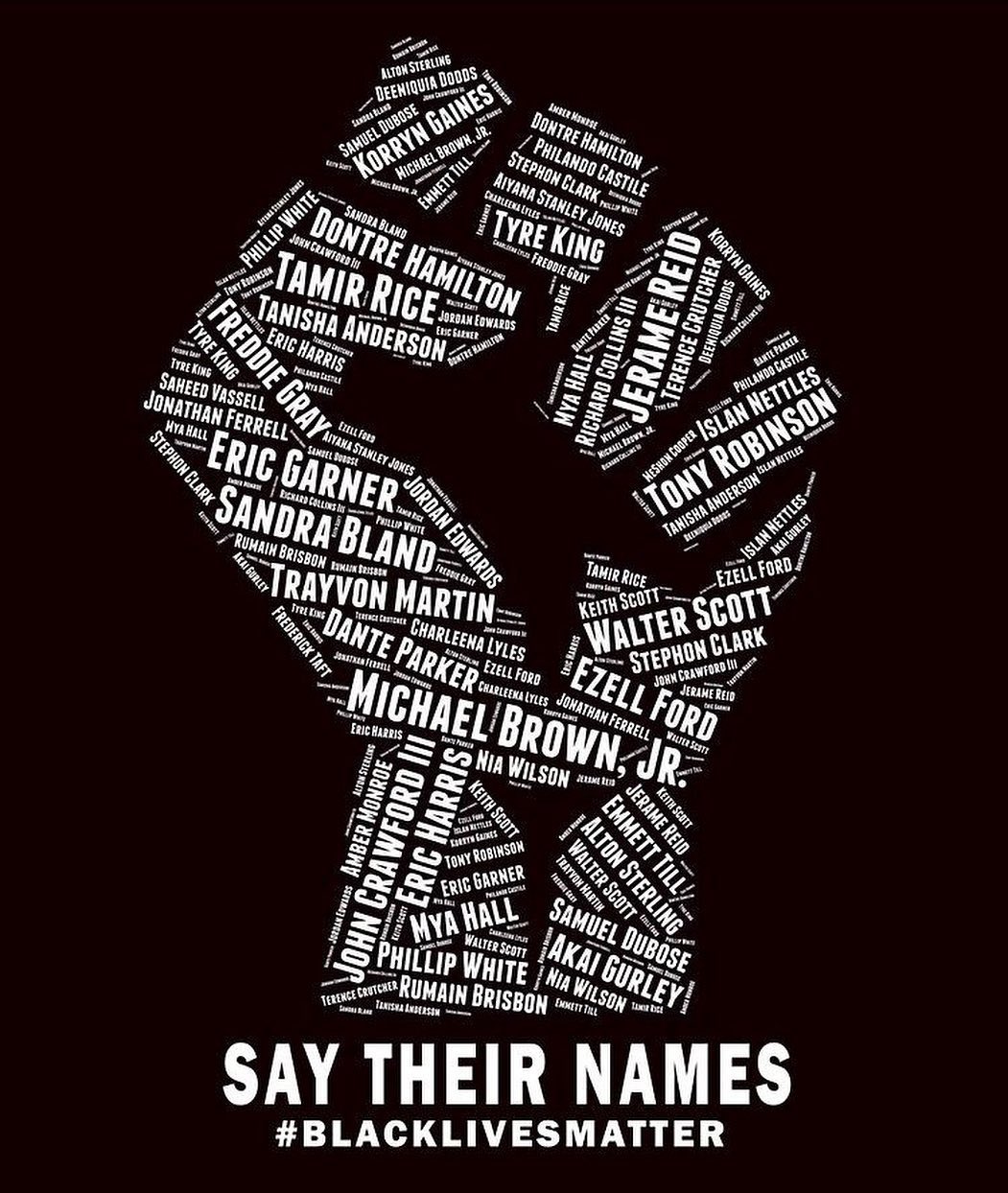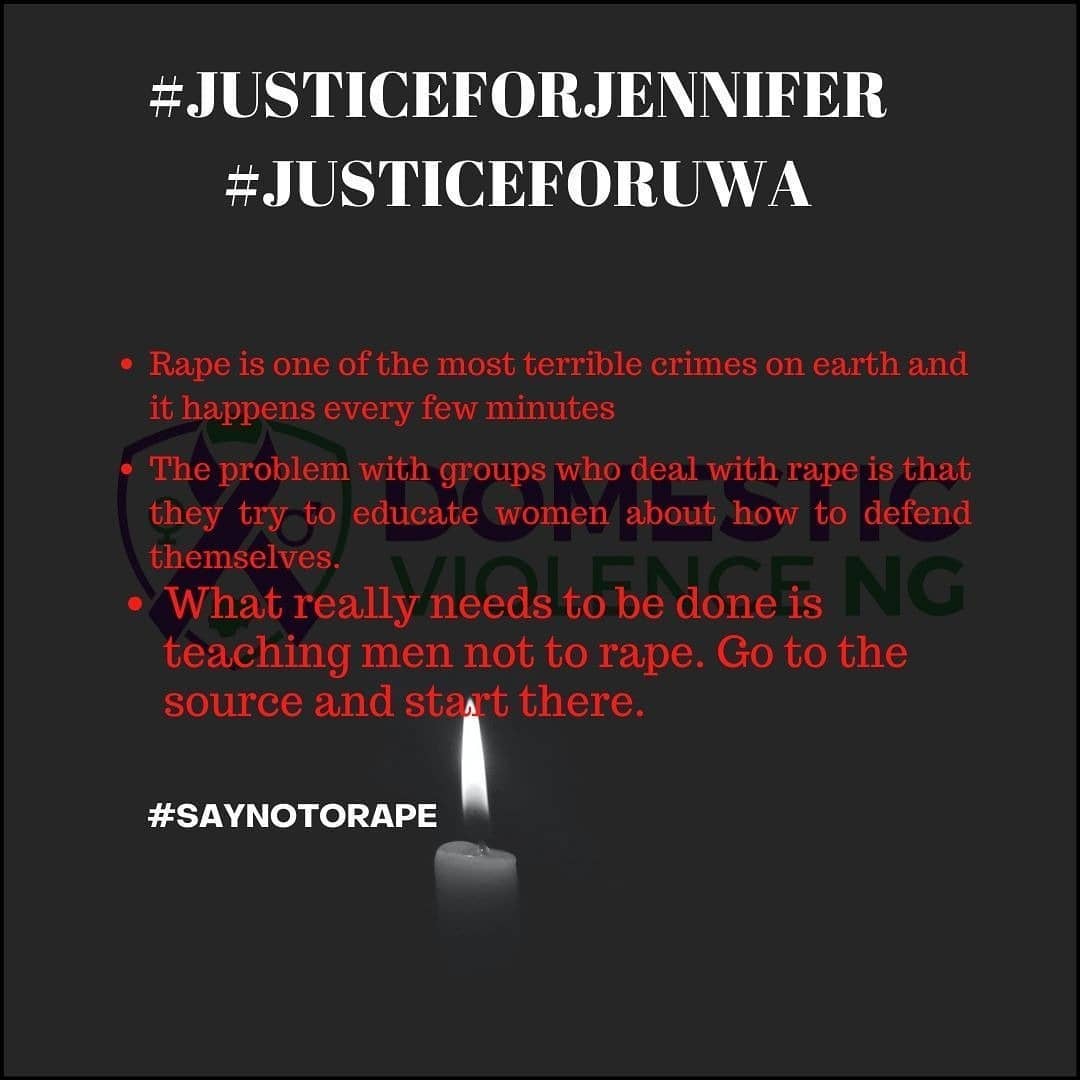“Injustice anywhere is a threat to justice everywhere. We are caught in an inescapable network of mutuality, tied in a single garment of destiny. Whatever affects one directly, affects all indirectly.” – Martin Luther King Jr.
For the past couple of weeks, chaos seems to linger in the air. As COVID-19 seems to be fading from our phone screens, social issues have taken the front seat. Issues such as Racism, Injustice, Rape, Rape Culture, White supremacy, and Police brutality have reignited the anger and frustration within communities around the world. Very sensitive issues that weigh heavily on the people within the African Diaspora.

#GeorgeFloyd #BlackLivesMatter
On May 25, 2020, George Floyd, an African American man, died in Minneapolis, Minnesota after being handcuffed and positioned to lay face down as a white American police officer, kept his knee on the right side of his neck for 8 minutes and 46 seconds. An independent autopsy revealed that Floyd died from “mechanical asphyxia” due to the knee being maliciously placed on his neck. This great injustice has sparked outrage and protest around the world. The tragic death of George Floyd has shed light on the current state of racial issues within American society as well as the oppressive structure which exists towards people of colour.
Justice is being sought for the countless victims who have died due to incidents fueled by racism, oppression, and police brutality. Black Lives Do Matter!
#JusticeForGeorgeFloyd #JusticeForBreonnaTaylor #JustticeForBothamJean #JusticeForAhmaudArbery.

#JusticeForUwa #JusticeForJennifer
On May 30, 2020, a 22-year-old student, named Uwavera Omozuwa died after being raped and attacked in a church near her home in Benin City.
In April of 2020, an 18-year-old girl by the name of Jennifer was allegedly attacked and raped by a gang of five men in Kaduna, Nigeria.
These appalling incidences have ignited outrage and encourage the need for discussion around the topics such as Gender-based violence, Rape, and Rape Culture.
#JusticeforTina
Tina Ezekwe, was a 16-year-old girl who was allegedly killed by a policeman in the Iyana Oworo, Nigeria. BBC reports that Ezekwe was hit by a bullet on May 26, 2020 when a reportedly drunk police officer shot to disperse a crowd that had gathered after he opened fire on a bus driver who refused to give him a bribe. Tina passed away two days later.
With so much going on in the world around us, music can serve as a powerful tool. Music can be used as a tool to heal, as well as a tool to educate, document, and engage the masses. Similar to other forms of media, music can provide insight into the historical context of issues. This week we explore the link between music as a tool for activism, storytelling, and healing. Here are songs that highlight moments in history. These selections of the song tell of the strife, plight, and struggle that can only be told by the people for the people.
This week the category is “By the people for the people.”
Billie Holiday-Strange Fruit
“Pastoral scene of the gallant South
The bulging eyes and the twisted mouth
Scent of magnolia, sweet and fresh
Then the sudden smell of burning flesh”
Released in 1939, Strange Fruit was a racially charged protest song that addressed American racism and the lynching of black Americans. Bille Holiday’s delivery of this song is raw and emotional as she sings about the tragedy of lynching black bodies on trees. Strange Fruit was originally a poem written by a civil rights activist named Abel Meeropol.
Lucky Dube – House of Exlie
For the love of the nation”
House of Exile is a song about the struggles of Apartheid infused with topics such as love, exile, and nationalism. Dube tells the story of an exiled freedom fighter on a quest to ensure that his people are free. House of Exile is the first track off Dube’s, 1992 album entitled “House of Exile.” House of Exile is considered one of Dube’s most famous songs as well as one of the most successful reggae songs to come out of Africa.
Wyclef Jean – Diallo
“You said he reached sir
but he didn’t have no piece sir
But now he rest in peace sir
in the belly of the beast sir”
In 2000, Wyclef Jean released Diallo. Diallo was written based on the notorious killing of Amadou Diallo, an unarmed black man killed by police officers in New York on February 4, 1999. Amadou Diallo’s death ignited discussions around the topics of police brutality and racial profiling in the United States. Wyclef narrates the tragic story of Diallo, who was shot 41 times. Within the song, Wyclef also makes reference to the death of Stephen Biko an anti-apartheid activist, who was killed by assassination.
Fela Kuti – I.T.T. (International thief thief)
“Before them come force us away as slaves
During the time them come force us away as slaves
Na European man, na him dey carry shit
Na for them culture to carry shit”
International Thief Thief (I.T.T.) is a song by the afrobeat pioneer, Fela Kuti. Kuti seeks to uncover and discuss the nature of corruption within Nigeria during that period. , “ITT” addresses major issues such as corruption, globalization, and westernization within Nigeria. Many people associate I.T.T with the Nigerian communication company, International Telephone, and Telegraph Corporation (I.T.T). An angry Fela, delivers a damning account of the various ways Africa is being robbed. Fela couples demanding lyrics on a hard yet dysfunctional beat.
Alpha Blondy – Peace in Liberia
“No matter who wins, Liberia is crying
No matter who looses, Liberia still crying
No matter who’s right, they’ve got to stop the fight
No matter matter who’s wrong, the devil still stronger…”
Peace is amongst the things every nation seeks. Peace in Liberia is Alpha Blondy’s cry for peace in countries torn by war. Blondy’s lyrics speak for peace and the end to the fighting. Alpha Blondy is conscious about his delivery of this rhythmic reggae ballad.
Miriam Makeba – The Retreat Song
Sang in the Xhosa language, Miriam Makeba describes the changes that occur within Xhosa boys as they mature into men. Miriam also touches on the changes that can occur through the process of relocation and assimilation into a new society. Makeba delivers an upbeat tune detailing the things she considers major changes.
A Plus- Letter to West
Letter to West addresses the horrors and atrocities that exist within Africa. A Plus boldly speaks on the oppression, corruption, dictatorship that has reigned on the people of the continent for years. A Plus calls out prominent African leaders who he deems have failed the people. Accompanied by solid examples, A Plus challenges listens to consider the state of affairs in the continent of Africa.
2Pac – Changes
Released in 1998, Changes continue to speak to masses. 2Pac speaks on topics such as poverty, the war on drugs, racism, police brutality, and racial profiling. 2Pac establishes a rhythmic flow as he provides vivid examples concerning every topic he chooses to address. It has been 22 years since Changes was released, and yet the problems 2Pac mentions in the song are more relevant now than ever.
As we continue to live, breathe fight during these troubling times it is important to protect your mental health. Stay strong! Support in your way and remain safe.
